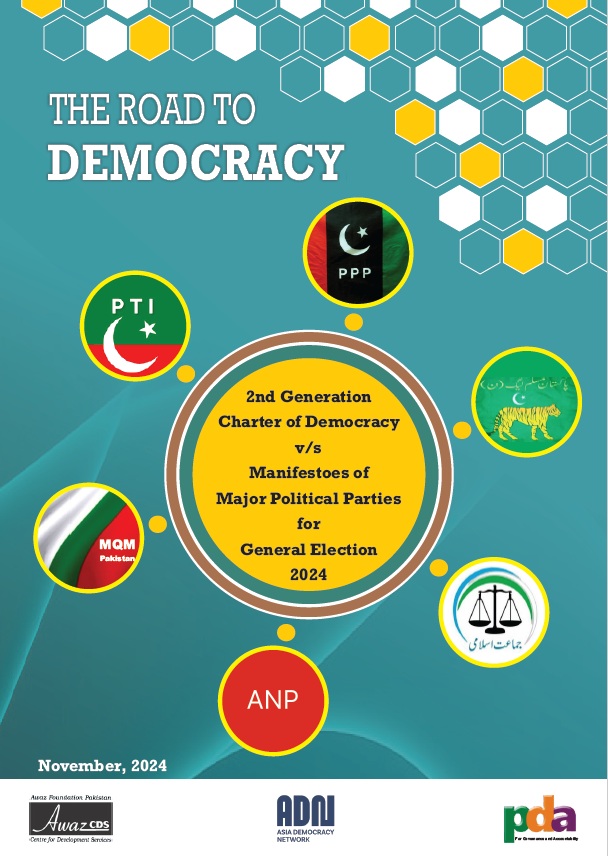The state of democracy in Pakistan is marked by a complex interplay of political, social, and institutional dynamics that frequently challenge its stability and effectiveness. However, the people of Pakistan have never abandoned their dreams, desires, and aspirations to be governed democratically through their elected representatives and parliamentary institutions. One notable attempt to stabilize and strengthen democratic norms was the Charter of Democracy, signed in 2006 by two of the major political parties—the Pakistan People’s Party (PPP) and the Pakistan Muslim League-Nawaz (PML-N). This agreement was intended to reduce military influence in politics, ensure fair elections, and promote a cooperative political culture. Although, the pervasive influence of the military has historically played a dominant role, including direct control through coups. Civilian governments often grapple with political instability, characterized by corruption, inefficiency, and short tenures frequently disrupted by judicial decisions or military interventions. Electoral integrity is another critical issue, with frequent allegations of vote
rigging and manipulation undermining public trust in the democratic process.
The Road to Democracy

